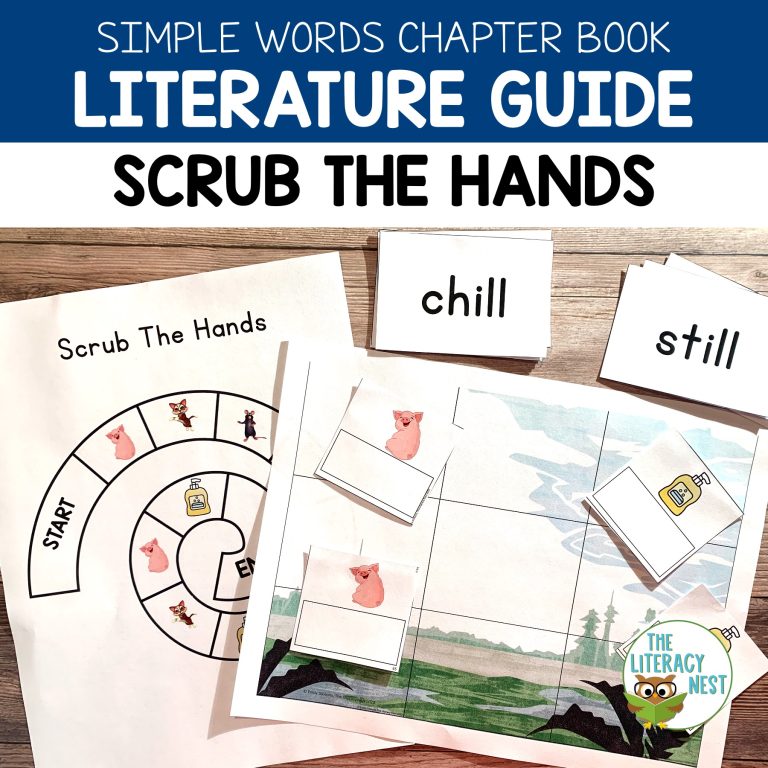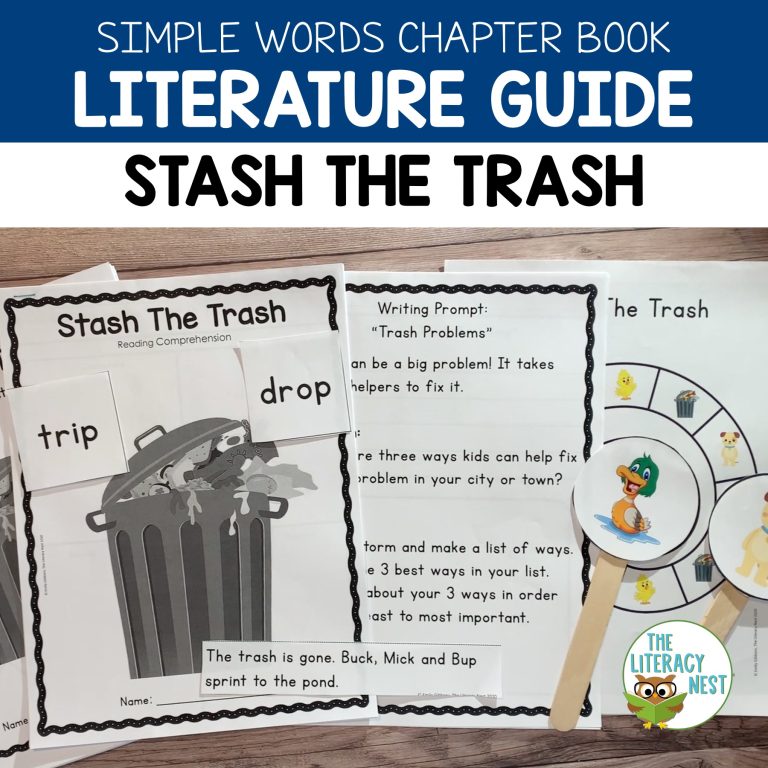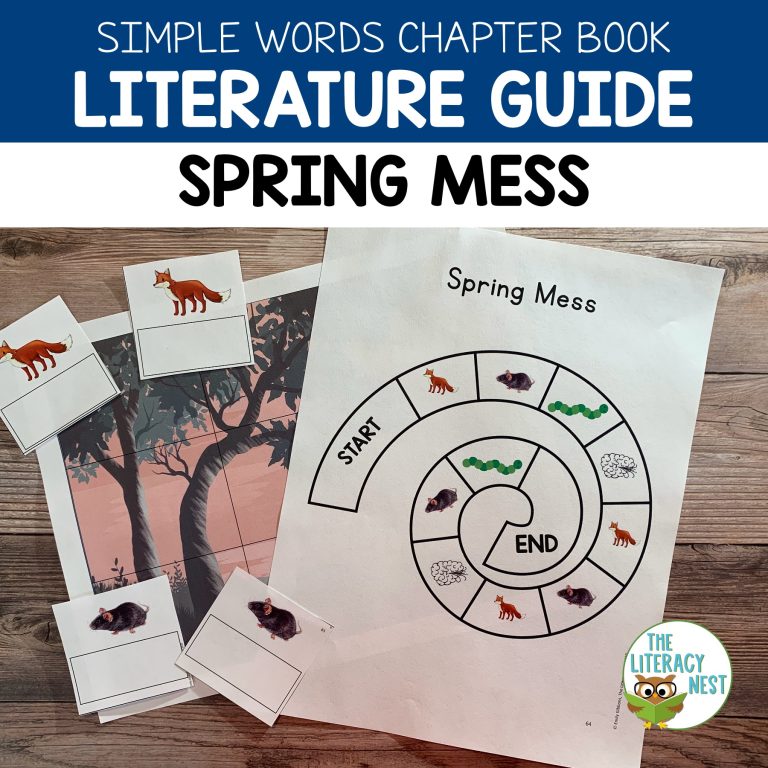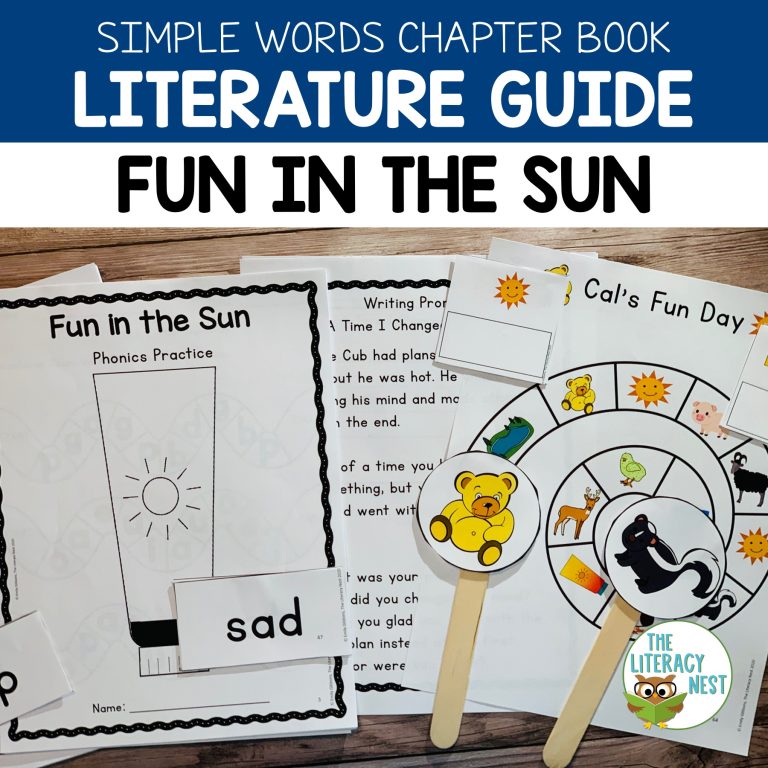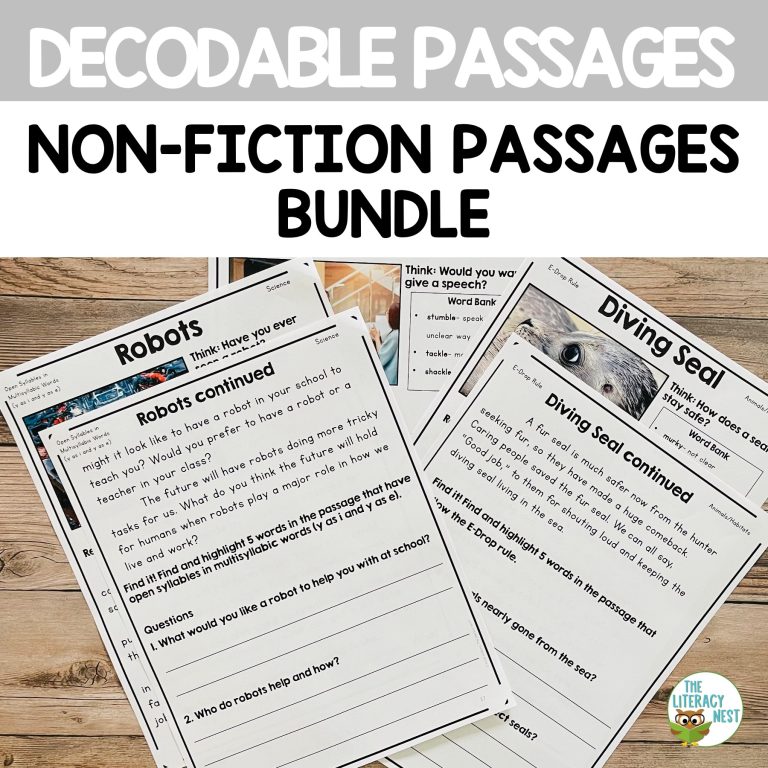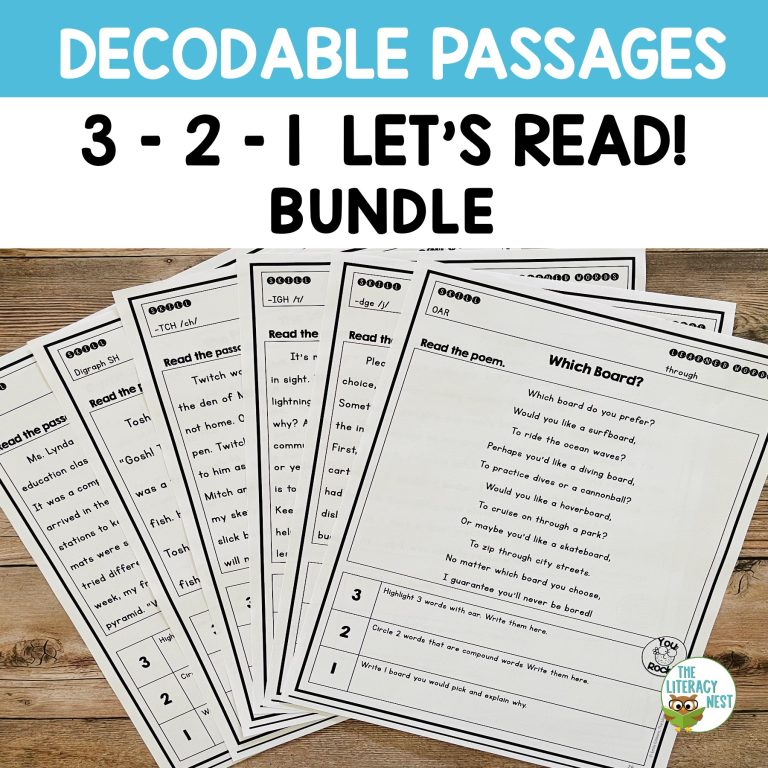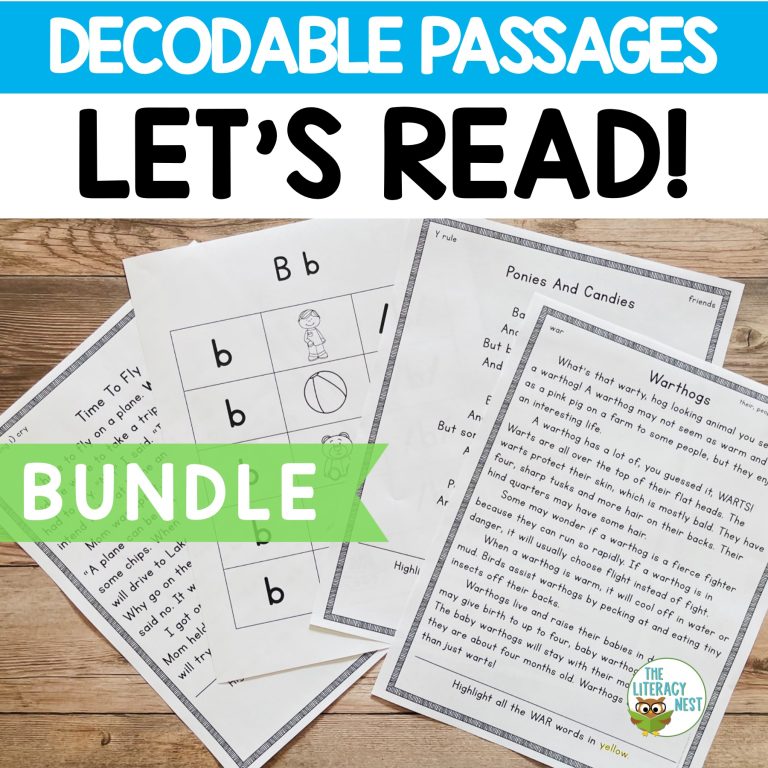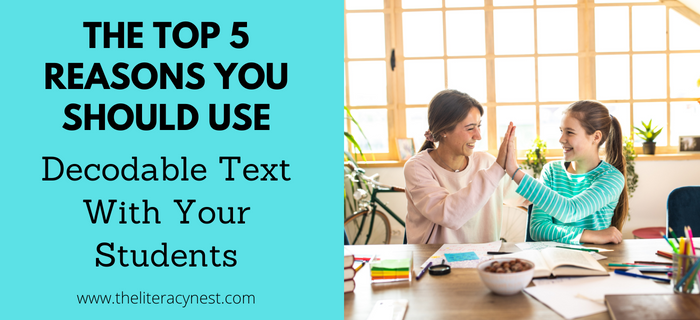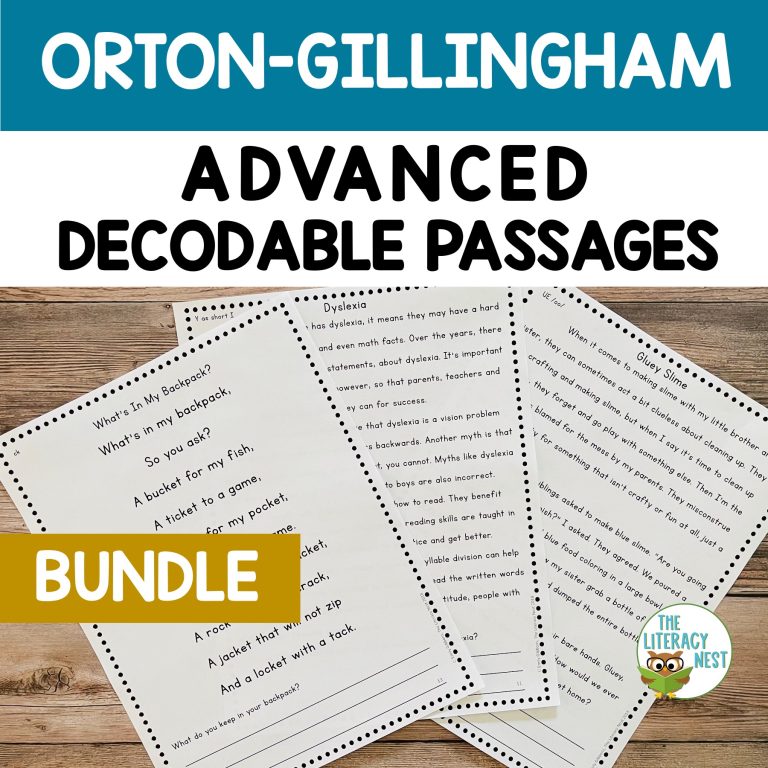You know the importance of quality Orton-Gillingham decodable texts to support the Science of Reading and your students during your systematic phonics lessons. This Orton-Gillingham decodable passages resource is a bundle for levels 1-5. The Advanced Bundle includes 160 decodable passages that your students will love reading with success.
This is a collection of over 120 decodable passages. This no-prep resource is a real time saver! It is compatible with Orton-Gillingham lessons and dyslexia intervention. If you are an Orton-Gillingham tutor or teacher, these will work well with your lesson plans!
Please preview before downloading!

